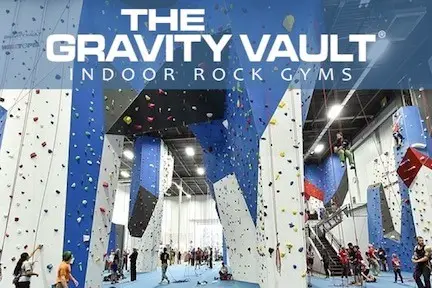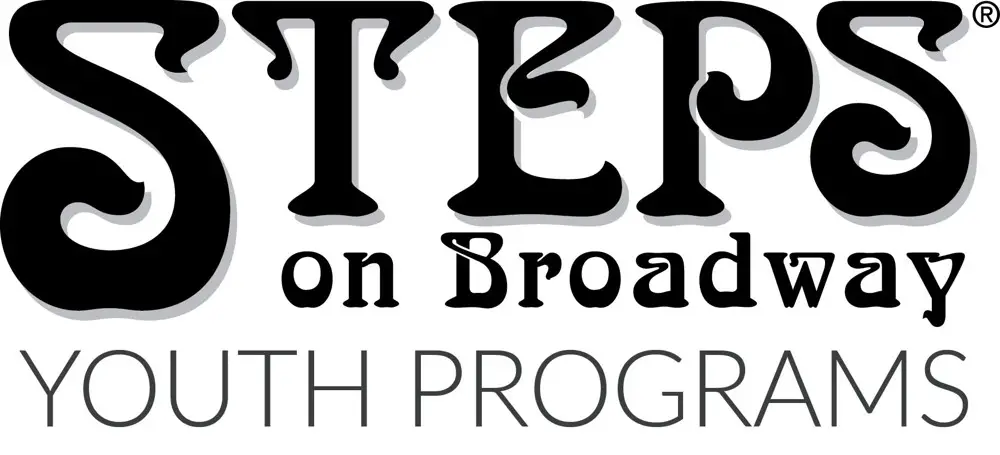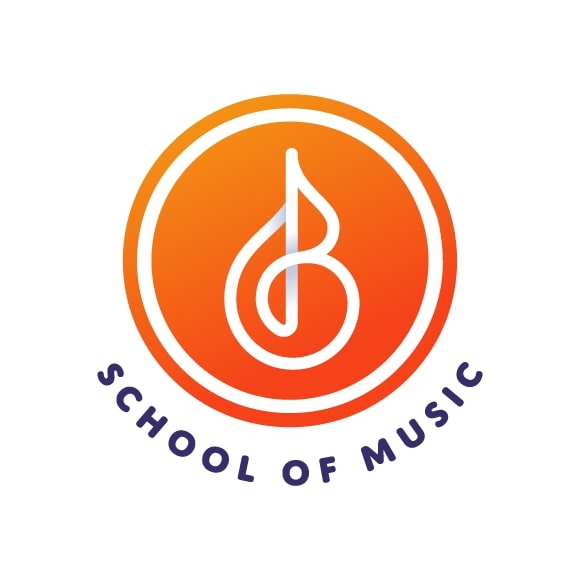Get the Best Kid-Friendly Activities
Sent to You Weekly!
Which part of my ethnicity do I emphasize? I could bake kolaches (a Czech pastry) to honor my great grandmother’s heritage or give a nod to my dad’s German ancestry by cooking wiener schnitzel. Although I possess a CDIB card (Certificate of Degree of Indian Blood) documenting my few drops of Choctaw blood, my family never talked much about our Native American ancestry.
The answer—I decided—is all of the above. Being the parent of bicultural children has taught me that it’s fine to start our own family traditions. I’ve told my kids the story of my maternal relatives staking a claim in the 1889 Oklahoma Land Run, and about how that land remained in our family until recently. We visited the site of my grandfather’s former home and listened to him tell his stories about growing up on that farm.
Because some of my relatives emigrated from Germany, we’ve started a tradition of giving our children a German schultuete (a big cone-shaped package of school supplies and treats) on the first day of kindergarten. We’ve also attended local Oktoberfests to experience German music, dress, and food.
Last summer, while visiting family in Oklahoma, we attended a Native American powwow. We enjoyed watching the dancers in their fancy costumes and even danced in the circle during the time when all attendees were welcomed. Our children enjoyed the experience and brought home dream catchers to hang over their beds and “catch” the nightmares, as the Native American folktale goes.
I feel that teaching children about their heritage gives them roots in our increasingly transitional society. Not only do these traditions make fun family memories, but I’m also sure that an understanding of their family history will make our children more well-rounded adults.


.jpg)


